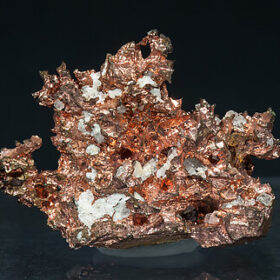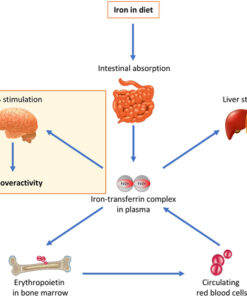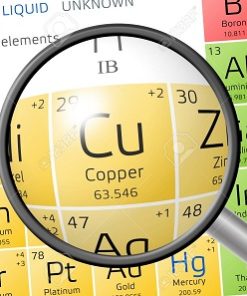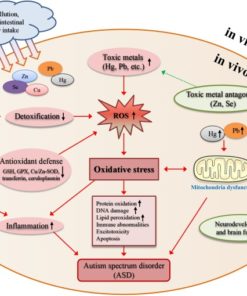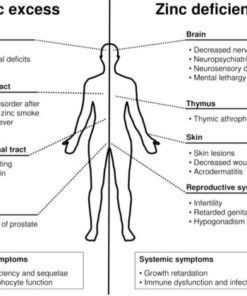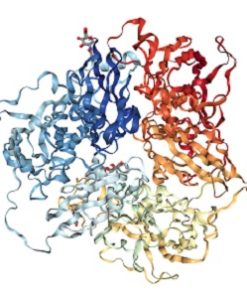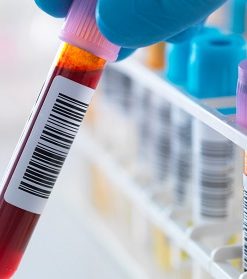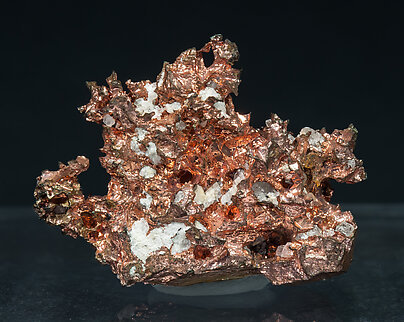
Copper Overload and its Physical and Neurological Symptoms
Copper overload, also known as copper toxicity or copper excess, occurs when there is an accumulation of copper in the body that exceeds the body's ability to regulate and excrete it. This can occur due to various factors, including genetic mutations that affect copper metabolism, exposure to high levels of copper through diet or environmental sources, or impaired liver function that affects copper regulation.
One way to assess copper overload is by measuring the ratios of copper to ceruloplasmin, copper to zinc, and total copper levels in the blood. Ceruloplasmin is a copper-binding protein that helps regulate copper levels in the blood, so a low ratio of copper to ceruloplasmin may indicate copper overload. Similarly, a high ratio of copper to zinc may suggest that there is an imbalance of these minerals that could lead to copper excess. Total copper levels can also be measured to assess copper overload, but this alone may not provide a complete picture of copper metabolism.
Free copper can be particularly problematic in cases of copper overload, as it can lead to oxidative stress and damage to cells and tissues throughout the body. Free copper can also facilitate the conversion of dopamine to norepinephrine, which can disrupt neurotransmitter function and lead to mood and behavioral symptoms.
Low zinc levels can also contribute to these symptoms, as zinc is required for the production and regulation of neurotransmitters such as dopamine. Zinc deficiency can lead to impaired dopamine function and an increase in norepinephrine production, which can lead to symptoms of anxiety, hyperactivity, and reduced motivation.
In addition to neurological symptoms, copper overload can also cause a range of physical symptoms, including fatigue, joint pain, and skin problems. These symptoms may be related to the oxidative stress and inflammation that can occur in cases of copper overload.
Addressing copper overload typically involves reducing exposure to dietary and environmental sources of copper, supporting liver function, and using specific supplements to help regulate copper levels and support antioxidant function. Zinc supplementation may also be helpful in balancing copper levels and supporting neurotransmitter function.
Signs and Symptoms of Copper Toxicity
| Mood and Behavioral: | Inflammation: |
| Increased Anger and Rage | Blood sugar dysregulation or sugar cravings |
| High Anxiety, Stress Intolerance | Adrenal and Chronic fatigue |
| Postpartum Depression and related psychosis | Hypothyroidism |
| Depression | Fibromyalgia |
| Bipolar Disorder | Anemia |
| Paranoia or Paranoid Schizophrenia | Loss of Hair |
| Panic Attacks | Candida overgrowth or yeast toxicity |
| Racing Thoughts and Restlessness | Seasonal Allergies, Asthma |
| Spaciness or Numbed Emotions | Digestive Disorders |
| Poor Concentration and Focus | Migraines |
| Insomnia | Tinnitus (ringing in the ears) |
| SSRI's drugs worsen anxiety | Skin: |
| ADHD/ADD | Eczema |
| Autism | Acne |
| Estrogen Dominance: | Skin sensitivities to rough fabrics, cheap metals |
| Severe PMS | Other: |
| PCOS | Adverse effects on oral contraceptives |
| PMDD | Intolerance to chocolate or high copper foods |
| Endometriosis | Obesity |
| Fibroid polyps and cysts | |
| Estrogen intolerance | |
| Acne |
Understanding Copper Overload
Other Single Item Tests
All Cognoscopy Labs
All Cognoscopy Labs
All Cognoscopy Labs
Walsh Approach Test Panels



